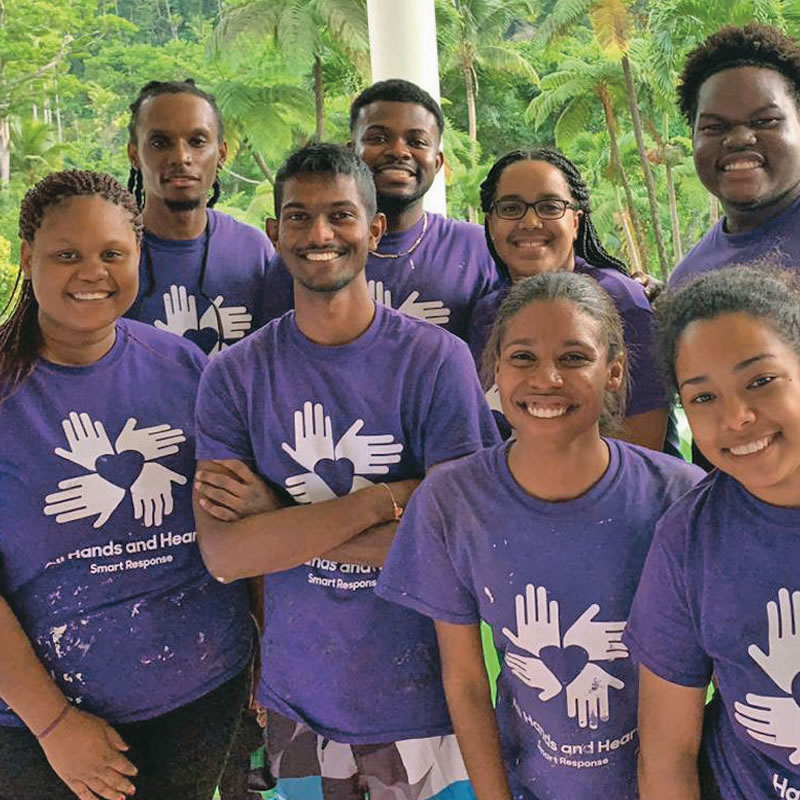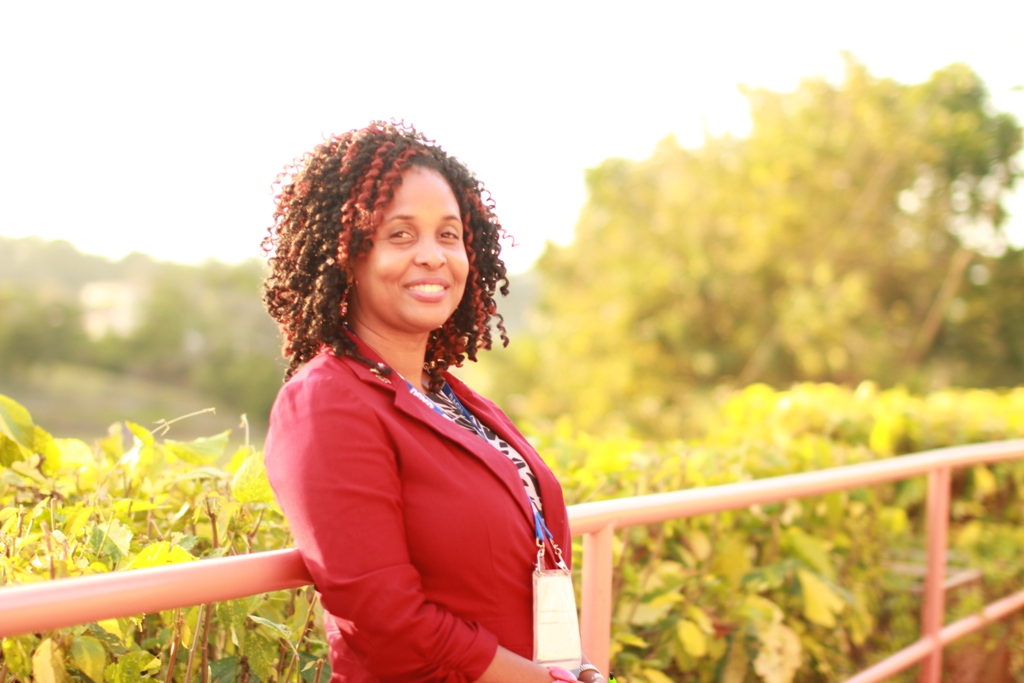Tracy-Ann Hyman was a participant in the Clinton Global Initiative University (CGI U). A year-round leadership development programme, it provides a space for students to collaborate and learn from a network of alumni and leaders from business, government, academia, and civil society. Students develop their own Commitments to Action — new, specific, and measurable projects to address pressing challenges in their communities.
“While pursuing my Master’s Degree in Sustainability Science, I realised that my approach to challenges was not to dwell in the problem identification phase, but to automatically shift into solutions mode. I thrive in finding solutions to problems.
The Caribbean region is one of the most disaster-prone regions in the world, and when Hurricane Dorian devastated the Bahamas in 2019, I made a promise that this level of casualty should not occur in my region when the technology exists to help.
With more extreme weather events expected due to the mounting effects of climate change, along with increasing rates of urbanization and aging infrastructure, flooding presents a major challenge for the region. Planning for emergencies like flooding, however, is subject to several challenges within the Caribbean, including issues with vulnerability assessments, outdated maps, and a reactive approach to planning and development.
My Commitment to Action is focused on creating Information and Communication Technologies (ICTs) to develop community early warning systems that will save lives and safeguard property from hazards. My team and I are developing a Flood Planning and Impact Tool (FPIT) that aids disaster planners in making faster, smarter, and better decisions so that Caribbean nations can prepare and plan for worst-case scenarios.”







